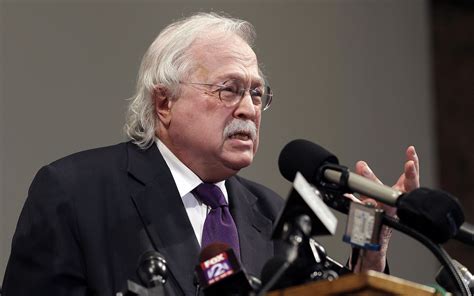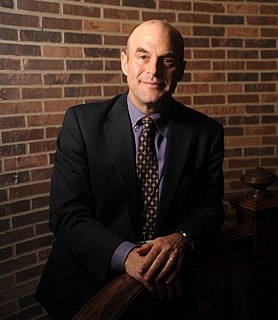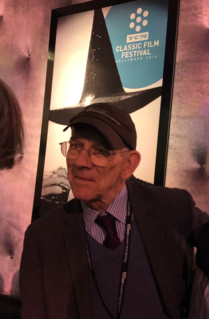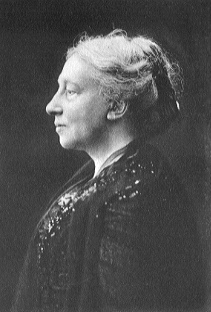A Quote by Michael Baden
That was after Napoleon died because there is still a controversy as to whether Napoleon was poisoned with arsenic. And the French say the British did it and the British say the French did it, but he died before the test for arsenic was available.
Related Quotes
The number of those who have to be assimilated to the majority is not too high. It remains small compared with the numbers of the majority. But there is one thing - and that is the main reason for this digression - that French and British have in common: to this day they have an immense pride in being French, in being British. The fact that in the meantime both have come down to earth a little has not yet affected their pride in their own nationality and the fact that, if I may express it that way, they are mutual admiration societies: how fine the British are, how fine the French are.
To the chefs who pioneered the nouvelle cuisine in France, the ancienne cuisine they were rebelling against looked timeless, primordial, old as the hills. But the cookbook record proves that the haute cuisine codified early in this century by Escoffier barely goes back to Napoleon's time. Before that, French food is not recognizable as French to modern eyes. Europe's menu before 1700 was completely different from its menu after 1800, when national cuisines arose along with modern nations and national cultures.


































